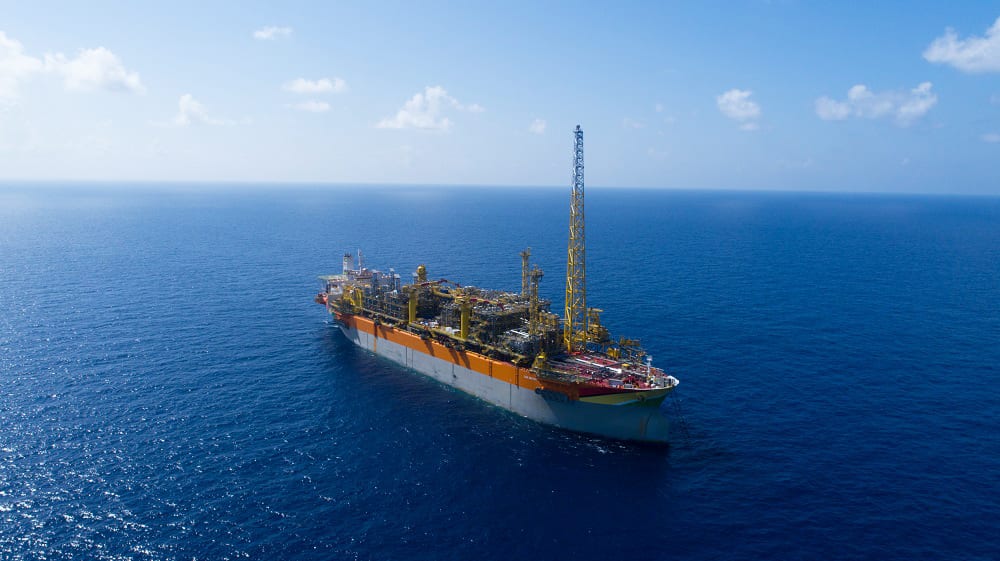Cognizant of the fact that the effects of climate change are becoming more severe year after year, world leaders have heightened steps to reduce carbon emissions. In fact, some countries have already begun introducing a carbon tax, the rationale of which is to be an effective tool in mitigating the release of greenhouse gases.
But it is only a matter of time before this tax is implemented across the globe says Guyana’s Vice President, Dr. Bharrat Jagdeo. With this in mind, the official pointed out that Guyana has a narrow window within which to develop its resources before the tax takes a bite out of the State’s profits.
During an interview in December last, the official who holds an oversight role for the oil sector said, “You may be able to use the oil in the future but a carbon tax or a cap-and-trade system is coming. It is inevitable because of the existential threat of greenhouse gases. (It, therefore, means that) taking a barrel out (of the ground) in 10 years’ time to sell it will have a tax of about US$30 dollars for example for every tonne of carbon emitted from the barrel. So, if it gives you ten tonnes of carbon you have to pay US$300 more on taxation and that is going to be the global tax.”
The Vice President added, “…So the alternative will be cheaper (sources of energy) and that is why some people will keep oil in the ground and it will be impossible to take it out…. That is why our depletion policy is tailored the way it is.”
Even as his government supports the aggressive extraction and production of oil offshore Guyana, Jagdeo said that the administration also has its sights set on benefitting from the trade of forest carbon. In this regard, he noted that Guyana was benefitting from Norway’s programme on reducing emissions from deforestation and forest degradation which offered US$5 dollars for every tonne of forest carbon avoided.
The Vice President said, “Now we are back, and we have initiated discussions with them. Right Now, Norway is underwriting at US$10 per tonne of avoided deforestation and if we go into the market that will start trading forest carbon, we could get upwards of US$500m from the sector.”
Dr. Jagdeo noted that this increase by Norway is all due to the resurgence of the green economy. He said that the government is cognizant of this hence it has taken certain policy decisions.




